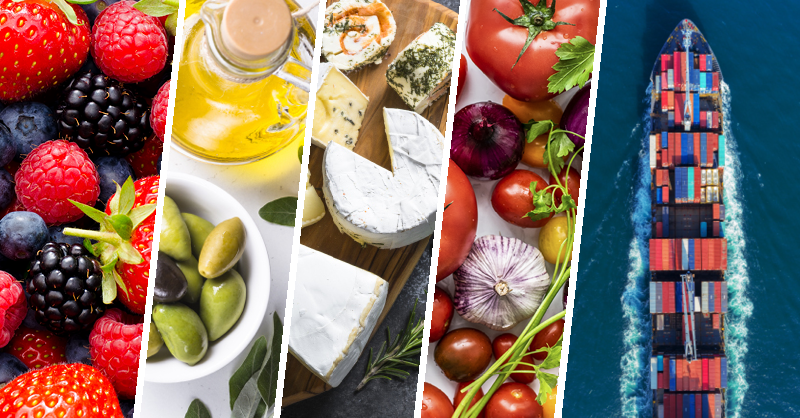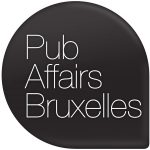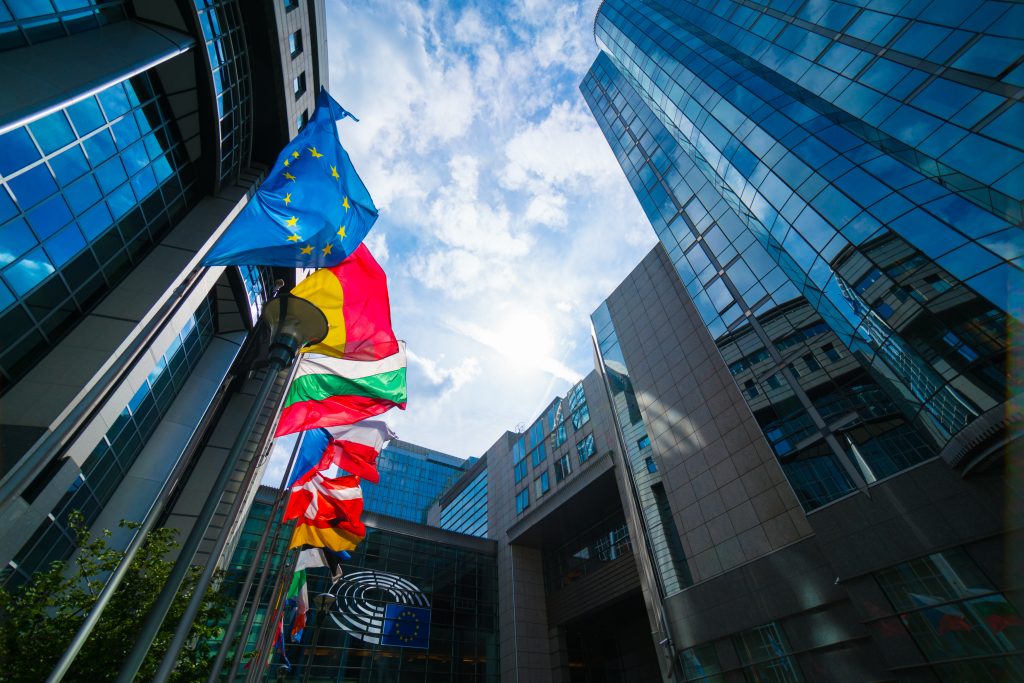We are delighted to invite you to the event “The importance of trade for EU agri-food competitiveness and sustainable innovation: resilience v. self-sufficiency?”, which will be held on Wednesday, 15th of November at 17.30, at the European Parliament.
Join us for a high-level discussion around the pivotal role of trade in enhancing competitiveness of the EU agri-food sector and promoting sustainable innovation.
The event, kindly hosted by MEP Salvatore De Meo, will provide a platform for in-depth conversations on trade links between the EU and third countries and the role of open trade in fostering the EU value-chain stability and the agricultural sector of third countries with the following distinguished speakers:
- Mr Bartosz Hackbart, International Relations Officer, European Commission, DG AGRI;
- Ms Ksenjia Simovic, Senior Policy Adviser, COPA COGECA;
- Mr Esben Egede Rasmussen, Managing Director, Danish Dairy Board.
Mr John Clarke, Former Director, International Relations, European Commission, DG AGRI will hold a keynote speech.
Mr Salvatore De Meo (EPP/IT) will hold the introductory remarks.
The discussion will be moderated by Kait Bolongaro, Managing Editor, MLex.
Please note that this is an in person only event.
The Covid crisis, Russia’s invasion of Ukraine and climate change have raised questions of security, autonomy and resilience of Europe’s agri-food sector, with special regard to imports from third countries and critical production imports. While, on the one hand, these matters have been partly addressed in both the EU’s Green Deal and the Farm to Fork Strategy, they have, on the other hand, re-emerged as a result of an unstable and fast-changing geopolitical context and its repercussions for the European economy in general and the agri-food sector in particular.
Understandably, policymakers, experts and citizens alike have widely focused on the immediate implications of the series of crises the world has experienced in recent years. However, little attention has been paid to the fact that, notwithstanding the recent setbacks, agri-food trade has been pivotal for both the European and non-European agri-food chain. In fact, trade plays a vital role in driving competitiveness, innovation and sustainability of the agri-food sector. By engaging in international trade, farmers and agri-food producers in the European Union are encouraged to improve the quality of their products while fostering innovation, technological advancements and sustainable practices.
In addition, the EU relies on imports of key commodities that end up being further processed in the EU, resulting in value added food products, such as chocolate or coffee, or commodities that are directly enjoyed by EU consumers, such as exotic fruits, nuts or spices. Trade-enabling policies help to ensure the stability of the EU agri-food chain, and foster the agriculture of developing countries, notably a crucial sector to deliver on the UN Sustainable Development Goals (UN SDGs) of poverty eradication, zero hunger and sustainable economic growth.
As a matter of fact, through trade, small-scale farmers can access global markets and compete on an equal footing, contributing to their economic growth. In addition, trade helps stabilise food prices, especially during times of scarcity or fluctuations in supply and ensures a continuous flow of food, reducing the risk of food shortages and improving overall food security.
Some observers have noted that counterpoising resilience and self-sufficiency could have several unintended consequences which, if not managed cautiously, may put the EU agri-food competitiveness and sustainable innovation processes in EU Member States at risk. Also, non- EU countries’ sustainable economic growth models and practices could be deeply impacted.
Please note that the event will commence at 17.30 (instead of 17.00 as previously announced) and will last until around 19.00.
The discussion will take place in Room P1A002 (Paul-Henri Spaak Building 1A2). Confirmed attendees will be able to enter the room as of 17.00.
A networking reception will follow the panel discussion.
Please also note that we will send you the final confirmation of your participation at a later stage.
Those who do not have a badge to access the European Parliament’s premises are kindly invited to be at the Spinelli entrance no later than 16.45.
We look forward to welcoming you at the European Parliament on the 15th of November 2023.





